
What Does Tooth Sensitivity Mean? LESPARODONTISTES
To protect your oral health, practice good oral hygiene daily. Brush your teeth at least twice a day for two minutes each time. Use a soft-bristled brush and fluoride toothpaste. Floss daily. Use mouthwash to remove food particles left after brushing and flossing. Eat a healthy diet and limit sugary food and drinks.

Human Heart and Tooth As a Partner. Stock Vector Illustration of infection, body 147705907
What Teeth Are Connected To The Heart Teeth are more than just a part of our physical appearance - they are also connected to the health of our heart. Although not physically connected, there is a strong link between oral hygiene, gum disease, and heart health.
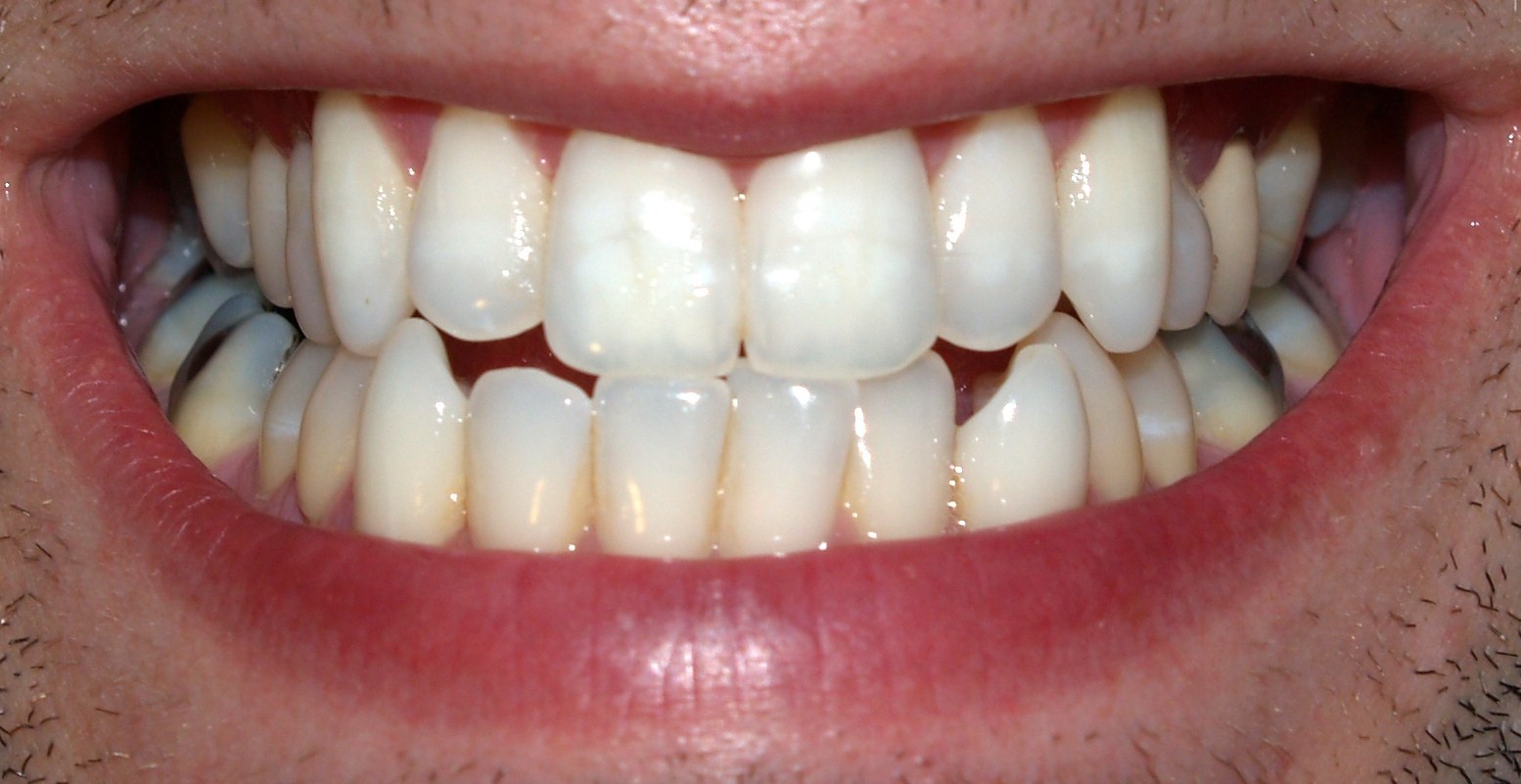
Tooth wikidoc
Here is a breakdown of The Meridian Tooth chart and the organs and functions they are connected to: Upper and lower central incisors: The bladder and kidney meridians. These teeth connect to issues related to self-esteem, self-worth, and self-image. Upper and lower lateral incisors: The liver and gallbladder meridians.
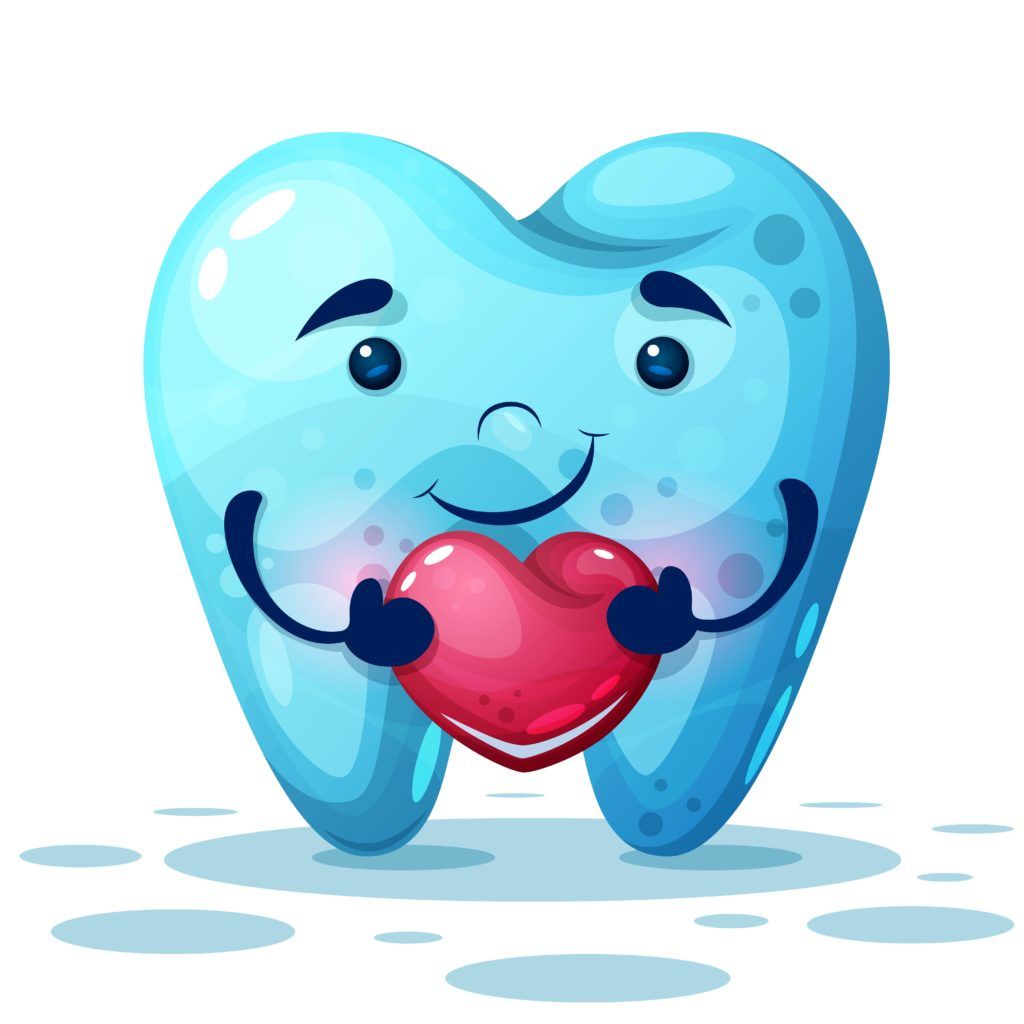
The Cardiac Oral Health Connection West Palm Beach Dentist
The connection between teeth and the heart is often overlooked, but it is actually quite strong. The bacteria that can exist in our mouths have been linked to the development of various cardiovascular diseases, such as stroke and heart attack. Therefore, it is important to understand which teeth are connected to the heart and how

Each tooth is associated with glands, organs, and the anatomical structure on the same meridian
Updated on May 28, 2023 Did you know that your oral health can impact your heart health? It may seem strange, but studies have shown that there is a connection between the two. In fact, poor oral health can increase your risk of heart disease and other cardiovascular issues. The Oral-Systemic Connection

Connection between Human Heart and Tooth Concept. Stock Vector Illustration of gesture
A Meridian Tooth Chart is a tool that lets you see which tooth lies along which meridian, and therefore, what other body parts it's most strongly connected with. From your molars to your incisors, your teeth can tell you more about your body than you ever knew possible.

The Number 1 Reason People Visit the Dentist? Tooth Pain. But, WHY?
Teeth names and numbering There are thirty-two teeth in total in the oral cavity of an adult dentition. One half, or sixteen, are embedded in the maxilla, while the lower half are situated within the mandible.The name of teeth on each arcade is self-explanatory - the top sixteen are named 'maxillary teeth', while the bottom half are named 'mandibular teeth'.

FileLower wisdom tooth.jpg Wikimedia Commons
Periodontitis is a gum disease that can result from lack of dental hygiene, While there isn't necessarily a direct correlation supporting the prevention of periodontitis as a way to prevent heart disease, this doesn't mean to completely disregard your teeth when taking care of your heart health.

Pin on Traditional Chinese Medicine
If you look at this interactive Tooth-Meridian chart, you can see how each one of your teeth is connected to one of your organs. This means two things. First: when one of your teeth has a disease or infection, it can leak toxicities into the bloodstream and cause disease throughout your body. The other way infected teeth affects your health is.
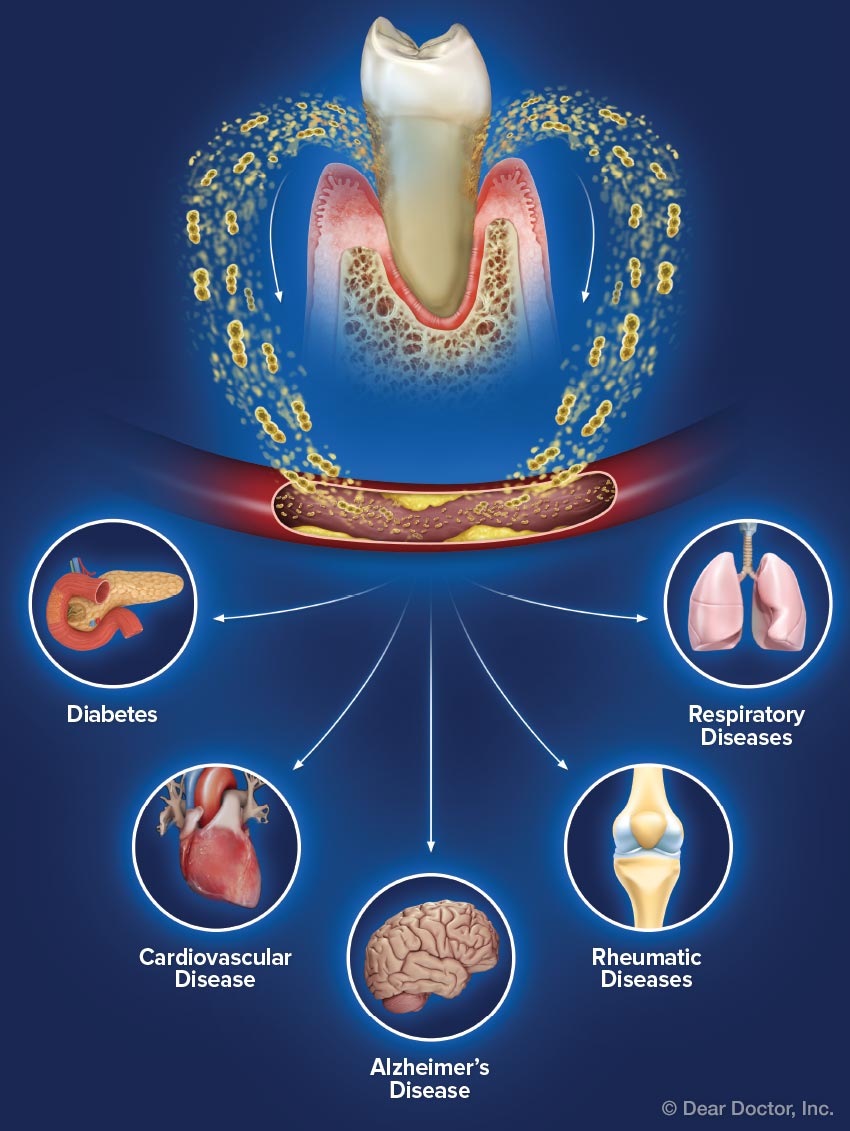
Gum Disease and Systemic Health
Known as atherosclerosis, this fatty plaque is the hallmark of coronary artery disease. People with gum disease (also known as periodontal disease) have two to three times the risk of having a heart attack, stroke, or other serious cardiovascular event. But there may not be a direct connection.
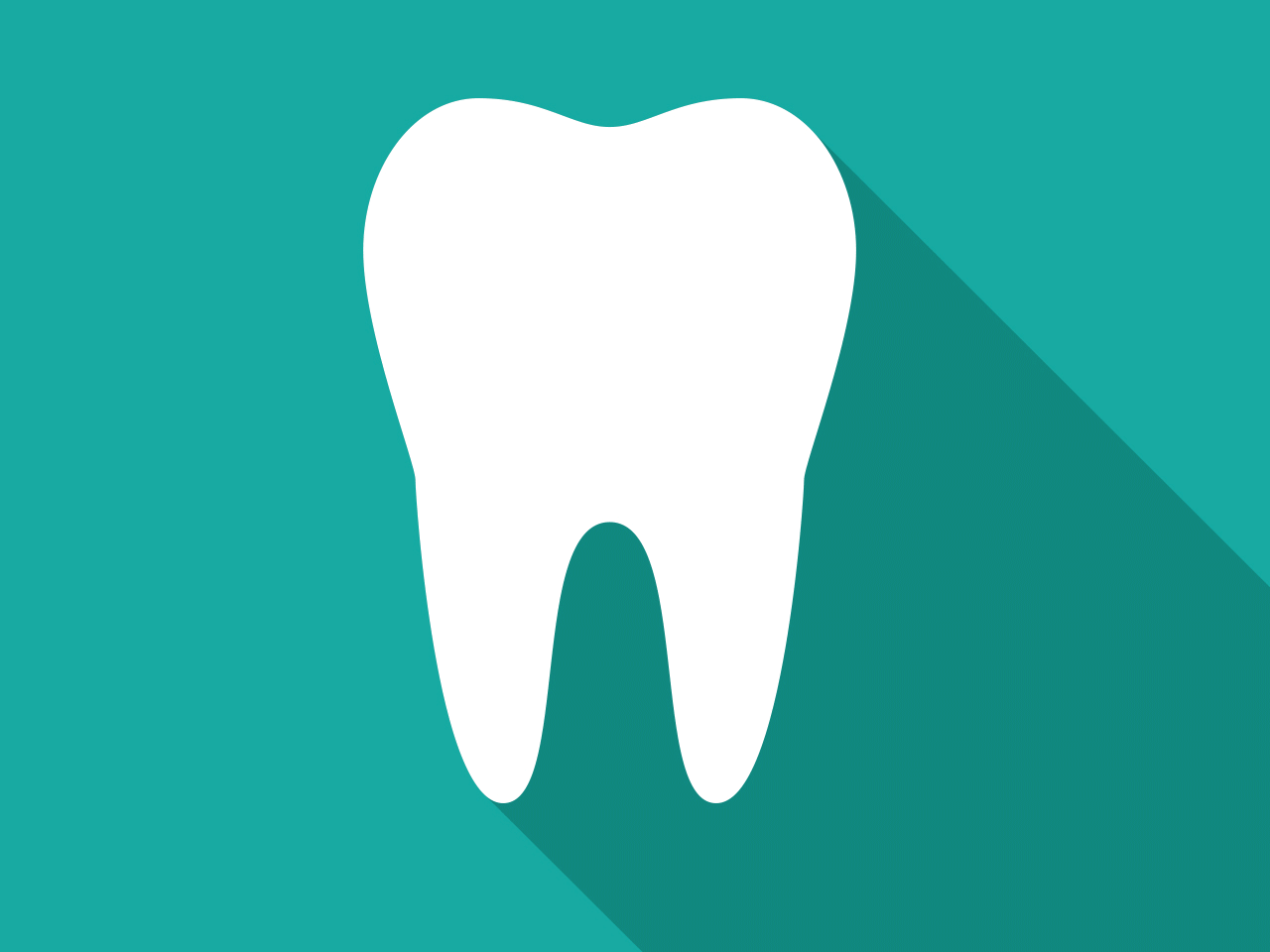
5 Cavity Symptoms You Shouldn’t Ignore SELF
After accounting for age, there was a moderate correlation between tooth loss (a measure of poor oral health) and coronary heart disease. When smoking status was considered, the connection between tooth loss and cardiovascular disease largely disappeared; This study suggests that poor oral health does not directly cause cardiovascular disease.
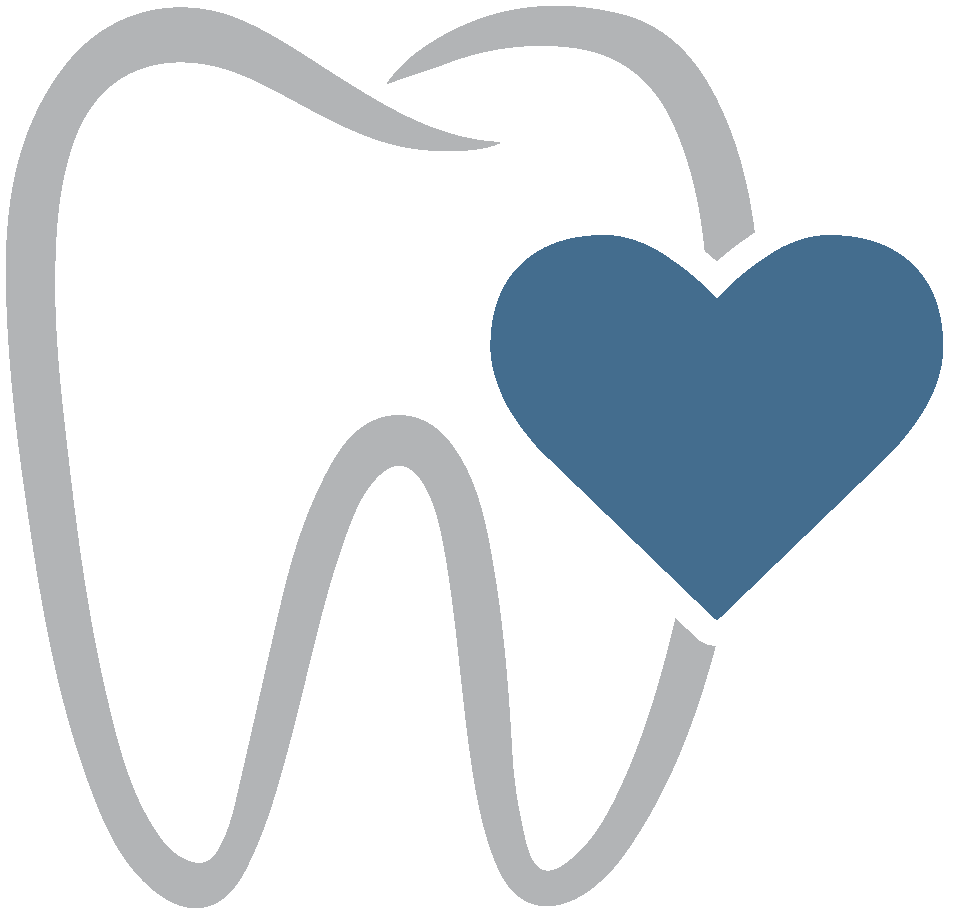
Meet Our Staff Matthew Krieger DMD
What Does Heart Disease Have to Do With Your Teeth? Gum disease and heart disease are two very different illnesses. Yet, there's a peculiar link between them. Find out what the connection between your teeth and your heart is, and how protecting your teeth can also prevent heart disease. What Is Gum Disease and Heart Disease?
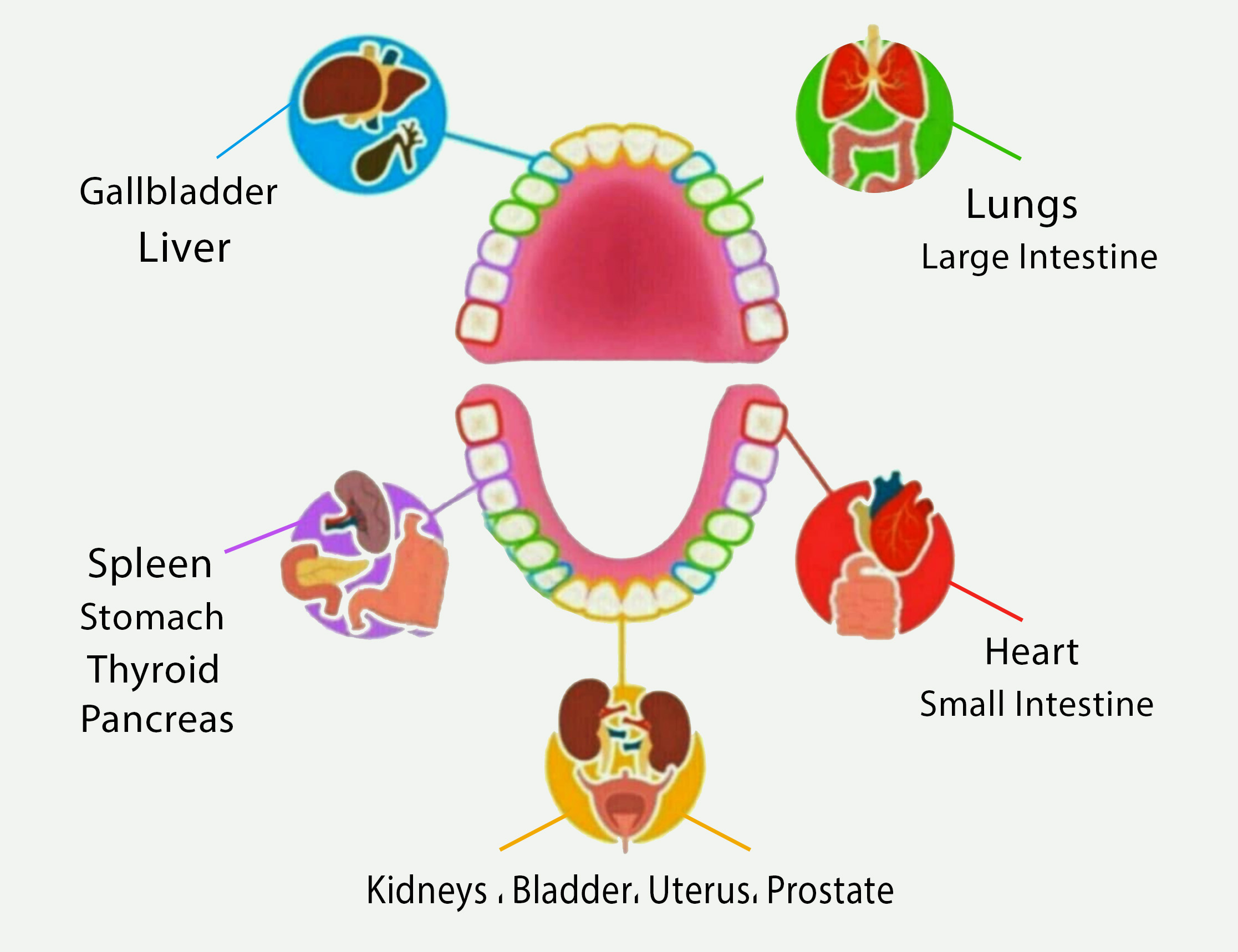
map of teeth and organs
Here are some connections between dental health and cardiovascular health: Periodontitis and other gum diseases can increase your risk of heart disease. Bacteria from your mouth can enter your bloodstream and infect the inner lining and valves of your heart, causing endocarditis. Oral bacteria may cause inflammation or infection in the.
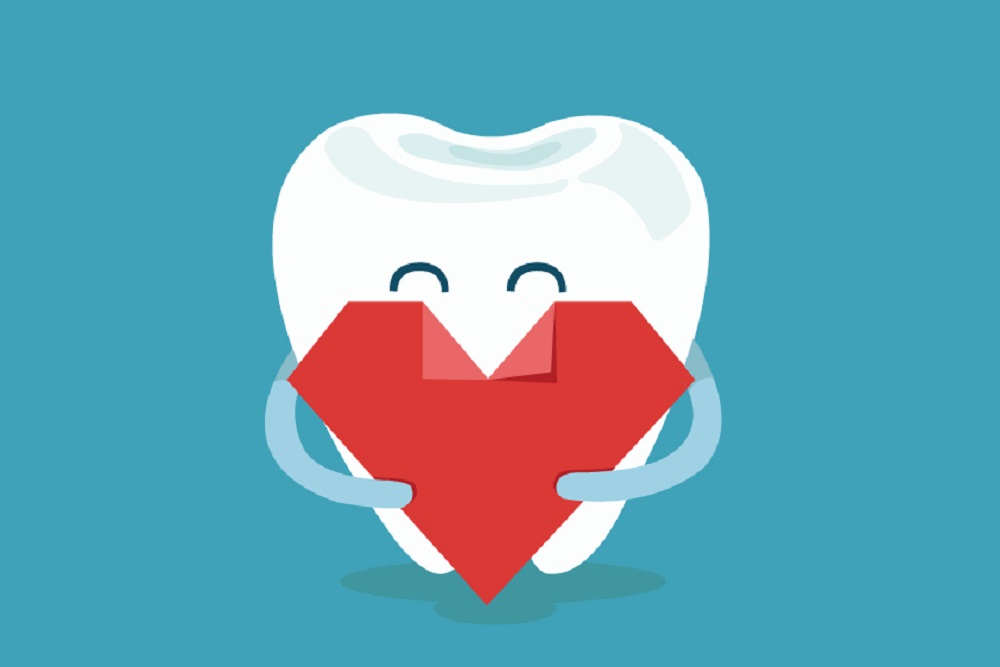
heartteeth Fight Gum Disease
Take care of your teeth like your heart depends on it. To avoid inflammation and a potential introduction of bacteria into the bloodstream, practice and maintain good oral health to protect your heart. • Brush teeth twice a day with fluoride toothpaste. • Clean between teeth daily with floss. • Eat a balanced diet and limit between-meal.

Dental Procedures and Heart Operations Dr Krasopoulos
Gum disease and heart health: how are they connected? Having healthy teeth and gums can have benefits far beyond the mouth. Dr Karolin Hijazi is a BHF-funded researcher investigating the links between mouth bacteria, gum disease and heart attacks. Is it healthy to have bacteria in your mouth?

tcm Archives AcuPro Academy Acupuncture Online Courses
Each tooth in the human mouth is related by a meridian to an organ in the body. When an organ or system becomes diseased or infected, the associated tooth most likely will express some type of symptom as well. By referring to this meridian tooth chart, you can see the connections between your teeth and your organs.